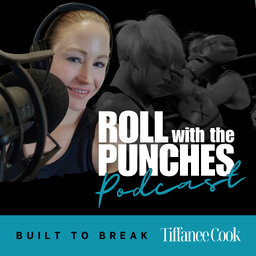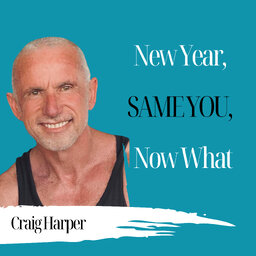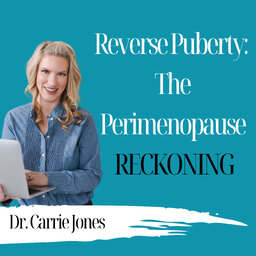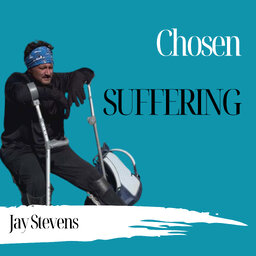The Long Game: Reinventing Yourself at Any Age or Stage | Nicole Liddell - 881
Hey, hey guess who's back... that's right, it's the powerhouse that is Nicole Liddell. If you ever thought it was 'too late' to change your life, Nicole is here to obliterate that idea. At 43, struggling financially and navigating some serious life turbulence, she made a decision that changed everything - enrolling in university. Now? She’s deep in a PhD, working in research, and proving that reinvention is on the table for anyone at any age or stage. In this ep, we talk about setting boundaries (even when it’s bloody hard), outgrowing the old versions of ourselves, and why playing the long game is the real key to winning at life. If you need a fire lit under you, this one's for you!
SPONSORED BY TESTART FAMILY LAWYERS
Website: testartfamilylawyers.com.au
TIFFANEE COOK
Linktree: linktr.ee/rollwiththepunches/
Website: tiffcook.com
LinkedIn: linkedin.com/in/tiffaneecook/
Facebook: facebook.com/rollwiththepunchespodcast/
Instagram: instagram.com/rollwiththepunches_podcast/
Instagram: instagram.com/tiffaneeandco
 Roll With The Punches
Roll With The Punches


